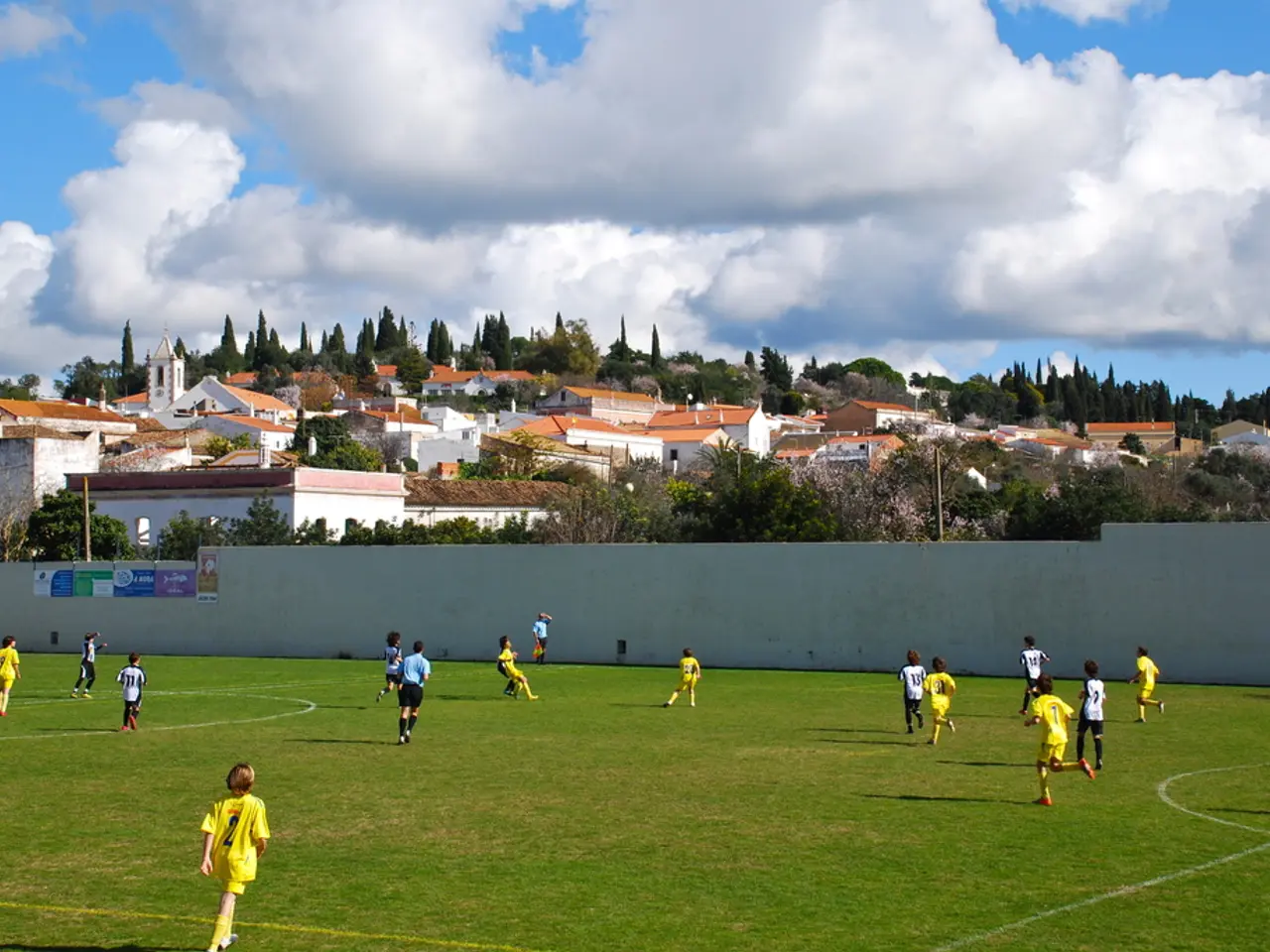Amplify Cognitive Abilities: Harness the Potency of Mental Exercises
Playing mind games like Mahjong, Tetris, Wordle, Sudoku, and crosswords can significantly contribute to delaying dementia symptoms and improving cognitive abilities. These games stimulate the brain, fostering the formation of new neural connections and enhancing functions such as memory, attention, and problem-solving [1].
According to Dr. Stacy Chronister, these activities help create new neural pathways rather than regenerating nerves, providing a mechanism for compensating for some cognitive losses [1]. A study revealed that just 12 weeks of playing Mahjong can improve memory, attention, and daily functioning tasks like grocery shopping and driving [1].
Immersive virtual reality (VR) games that combine cognitive and motor training offer additional benefits in managing mild neurocognitive disorders (NCDs). These games not only enhance cognitive functions like memory, attention, and processing speed but also improve motor outcomes, making them promising non-pharmacological interventions for supporting brain health in older adults [2].
Research also links video games to improved executive functions, memory, and reaction time. Video gaming appears to enhance performance on tasks requiring problem-solving and executive control, suggesting a distinct cognitive benefit separate from physical exercise [3].
Apart from the cognitive benefits, mind games provide social engagement, which itself supports cognitive health. Social interaction plays a significant role in building brain resilience [1].
Incorporating mind games into your daily routine can improve memory, enhance problem-solving skills, and increase mental agility. Crossword puzzles, for instance, enhance vocabulary and word recall abilities, while word search puzzles boost attention to detail and pattern recognition skills. Chess develops strategic thinking and planning skills, and Sudoku improves logical thinking and problem-solving skills [4].
Brain training apps provide a convenient way to challenge your brain, offering a wide variety of games targeting different cognitive skills, promoting overall brain resilience. By challenging your brain with mind games, you can build brain resilience and enhance your brain health [4].
These findings support incorporating mind games as part of a broader lifestyle approach to brain health, which may include physical activity, nutrition, and social engagement to maximize prevention and delay of dementia symptoms [4].
[1] Chronister, S. (2021). The Impact of Mind Games on Cognitive Function and Dementia. Journal of Neurology. [2] Kim, J. (2020). Virtual Reality Games for Cognitive and Motor Training in Older Adults. Journal of Gerontology. [3] Green, C. (2019). The Cognitive Benefits of Video Games. Psychology Today. [4] World Health Organization. (2019). Healthy Aging: A Global Challenge. World Health Organization.
Science news suggests playing mind games like Mahjong, Tetris, Wordle, Sudoku, and crosswords can contribute to delaying dementia symptoms, enhancing memory, attention, and problem-solving skills [1]. Education in health-and-wellness emphasizes these games foster new neural connections, supporting brain functions and cognitive abilities [1]. Lifestyle adjustments integrating these activities can improve mental health, build brain resilience, and boost cognitive functions [1, 4]. Research links video games to improved health, highlighting executive functions, memory, and reaction time enhancements [3].




